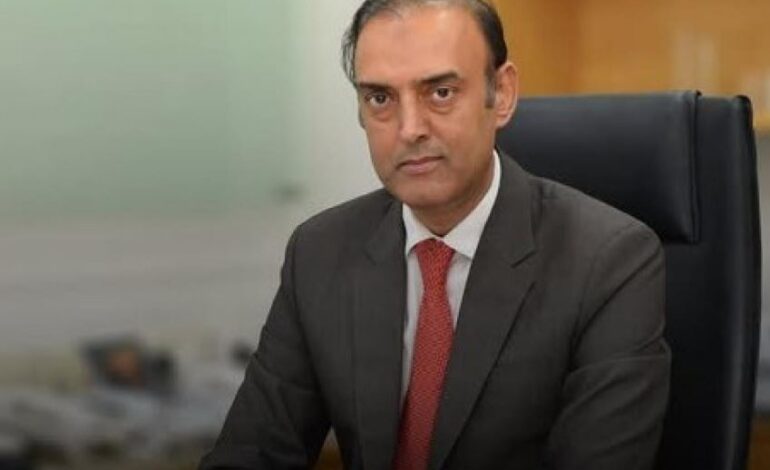
First digital currency pilot project launched: State Bank Governorv
State Bank of Pakistan Governor Jamil Ahmed said on Wednesday that the country’s central bank is going to launch a pilot project for digital currency soon.
In a panel discussion during the Reuters Next Asia Summit in Singapore, the central bank governor said that in addition to this pilot project, legislation is also being finalized to regulate virtual assets in the country.To modernize the financial system.
Central banks around the world are exploring the use of digital currencies in light of the growing interest in blockchain-based payments.
Pakistan’s move follows steps by China, India, Nigeria and several Gulf countries where digital currencies are being trialled or have become mainstream under controlled pilot programs.
Governor Jamil Ahmed said that Pakistan’s central bank is expanding its capacity in terms of digital currency and hopes to launch its pilot project soon.
He was participating in a panel discussion with Sri Lankan Central Bank Governor P. Nandalal Weerasinghe, where they discussed monetary policy challenges in South Asia.
Jamil Ahmed said that a new law will “lay the foundation for bringing the virtual assets sector under the ambit of licensing and regulation and the State Bank is in touch with some technology partners in this regard.”
The move is a continuation of the efforts of the Pakistan Crypto Council (PCC), established in March with the support of the government, which aims to promote virtual assets in the country.
The PCC is exploring the possibility of Bitcoin mining using surplus electricity in the country, Binance founder Changpeng Zhao has been appointed as a strategic advisor by Pakistan, and the government plans to establish a state-level Bitcoin reserve.
The PCC has also been in talks with US-based crypto companies, including Trump-linked World Liberty Financial.On Wednesday, Special Advisor to PM on blockchain and crypto, Bilal bin Saqib, said in a statement that the government had approved the “Virtual Assets Act, 2025” creating an independent regulator to licence and oversee the crypto sector.
Tight grip, falling rates
Ahmad said the central bank would continue to maintain a tight policy stance to stabilise inflation within its 5-7% medium-term target. Pakistan has cut its benchmark rate from a peak of 22% to 11% over the past year, as inflation slumped from 38% in May 2023 to 3.2% in June, averaging 4.5% in the 2025 fiscal year just ended, a nine-year low.
“We are now seeing the results of this tight monetary policy transfer, both on our inflation as well as on the external account,” he said.
Ahmad said Pakistan was not overly exposed to dollar weakness, noting its foreign debt was mostly dollar-denominated and only 13% comprised Eurobonds or commercial loans. “We don’t see any major impact,” he said, adding that reserves had risen to $14.5 billion from under $3 billion two years ago.
Ahmad said Pakistan’s three-year $7 billion IMF programme, which runs through September 2027, was on track and had resulted in reforms in fiscal policy, energy pricing and the foreign exchange market. “We are confident that after that (IMF programme), maybe we will not require an immediate (follow-up).”





